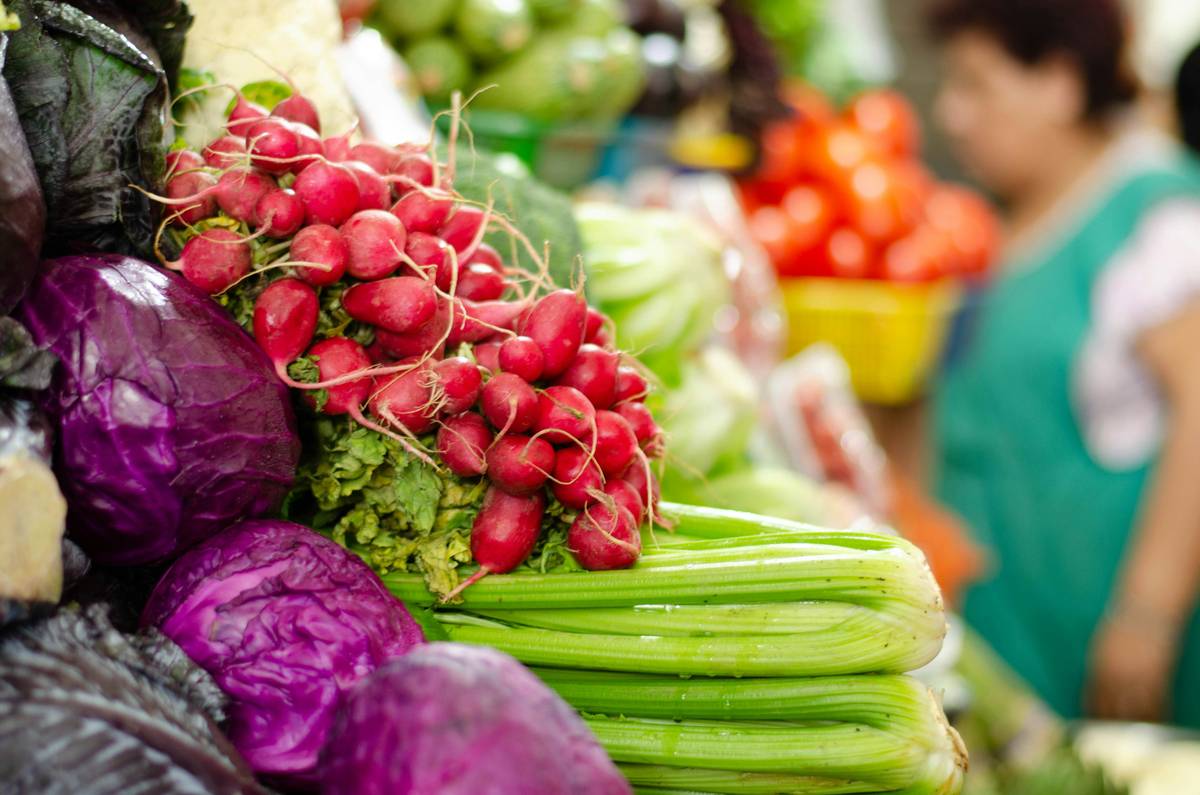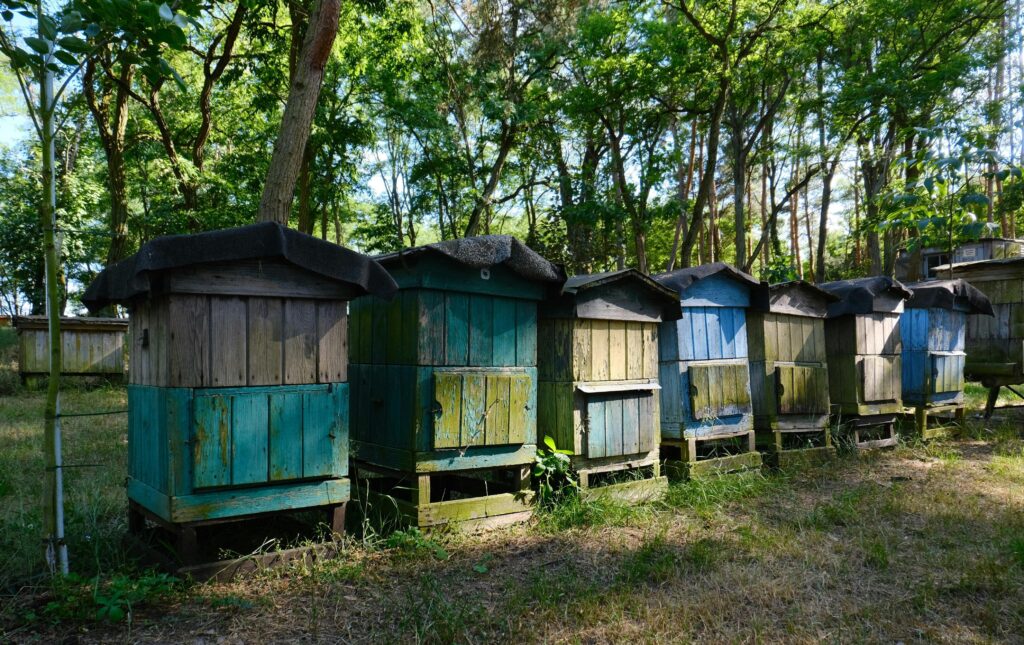Hook: Ever slathered on a skincare product labeled “organic” only to find out it’s full of synthetic junk? Yeah, us too.
You’re not alone. Navigating the world of organic beauty products can feel like deciphering an ancient scroll. But what if we told you there’s a golden ticket to ensuring your skincare game is legit? Enter: organic certification farming. This post dives deep into why farm-to-face beauty works, how it’s transforming skincare, and exactly how to harness its power. You’ll learn about organic farming practices, vetting certified products, and even grow-your-own-veggies-for-glow hacks!
Table of Contents
- The Problem with “Fake Organic” Skincare Products
- How to Spot True Organic Certification Farming (Step-by-Step Guide)
- 5 Tips for Choosing Authentic Organic Beauty Products
- Case Study: How One Farm Transformed Skincare Ingredients
- FAQs About Organic Certification in Beauty
Key Takeaways
- Organic certification farming ensures genuine, pesticide-free ingredients in your skincare.
- Kicking chemical additives to the curb boosts skin health and sustainability.
- Growing veggies organically at home can elevate DIY beauty routines.
What’s Wrong With Fake Organic Labels?
Let me tell you about my biggest skincare disaster. I once bought a moisturizer claiming to be “all-natural.” Spoiler alert: My face broke out like fireworks on the Fourth of July. Turns out, “natural” doesn’t mean squat unless backed by official certifications.
The reality is that many companies greenwash their labels—slapping terms like “eco-friendly” or “chemical-free” without any proof. That’s where organic certification farming swoops in like a hero. Farms certified under programs such as USDA Organic guarantee no synthetic pesticides, herbicides, or GMOs. Translation? Ingredients so pure they could pass a science lab sniff test.
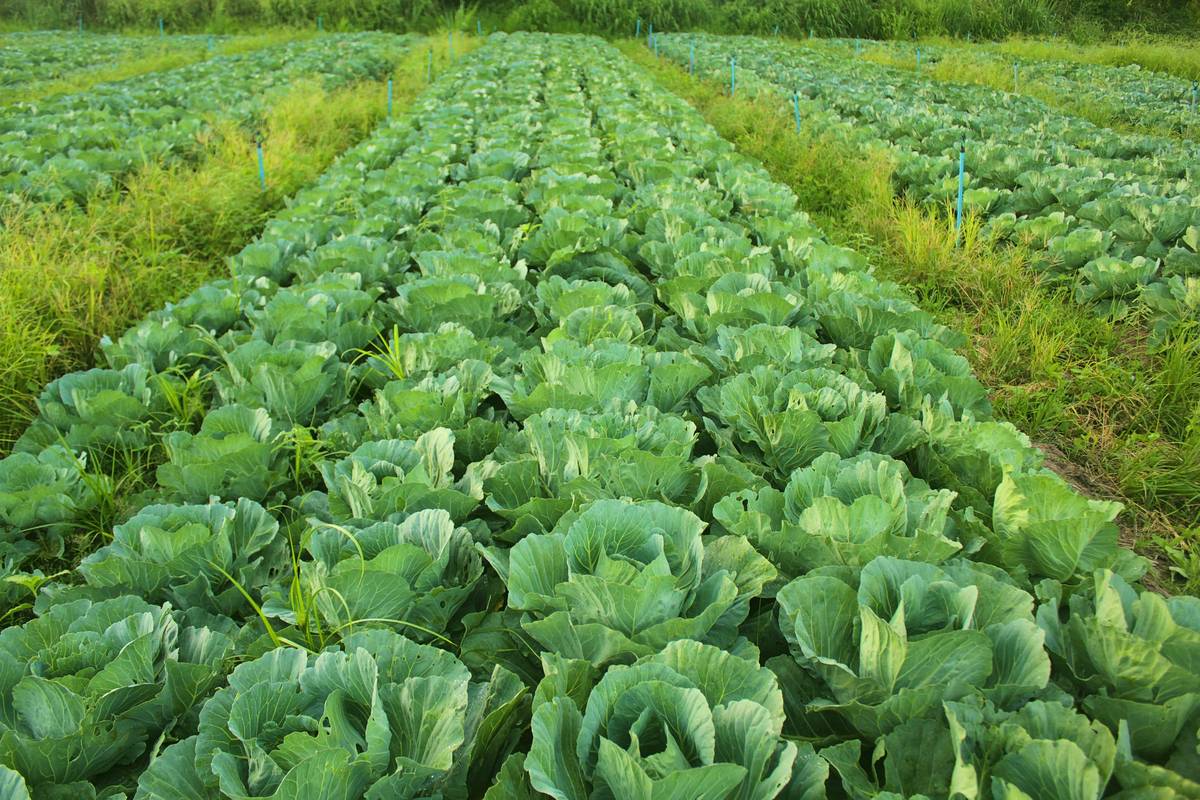
How to Identify Legit Organic Certification Farming Practices
Optimist You: “Easy peasy, just look for the certification logo!”
Grumpy Me: “Yeahhhh… except when brands slap knockoff logos everywhere.”
To avoid getting duped again, follow these steps:
Step 1: Check the Certifying Body
Look for trusted seals like USDA Organic, EU Organic, or COSMOS. These certifiers have rigorous standards and regular inspections.
Step 2: Trace Back to the Source
Seriously, whip out your phone and Google the brand. Do they partner directly with farms? Transparency matters more than ever here.
Step 3: Read Ingredient Lists Carefully
Avoid anything ending in “-eth,” phthalates, parabens, or sulfates—even if the packaging screams “green.”
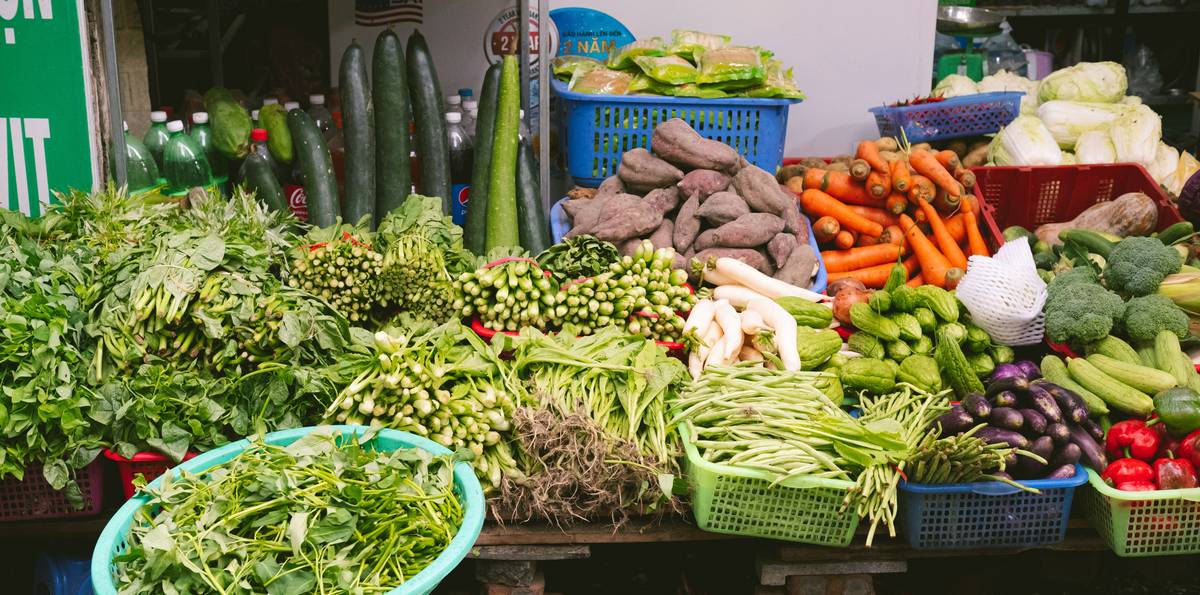
5 Tips for Picking Truly Organic Skincare Products
- **Smell Test**: If it smells overwhelmingly perfumed, steer clear—it might contain artificial fragrances.
- **DIY When Possible**: Grab kale from your garden (or local farmer) to whip up masks; fewer chemicals = happier skin.
- **Check Expiry Dates**: Certified organic products often spoil faster due to lack of preservatives.
- **Buy Local**: Support small farmers who use organic methods—you get fresher, better ingredients.
- *Avoid This Tip*: Don’t blindly trust influencers promoting “organic” products. Many are paid promoters (sorry).
Case Study: How One Organic Farm Changed Skincare Forever
Meet Greenleaf Acres, a small farm renowned for supplying top-tier botanicals to luxury skincare brands. In 2019, they adopted strict organic certification farming protocols. By 2022, their rosehip oil became a cult favorite, used in serums targeting fine lines and uneven tones.
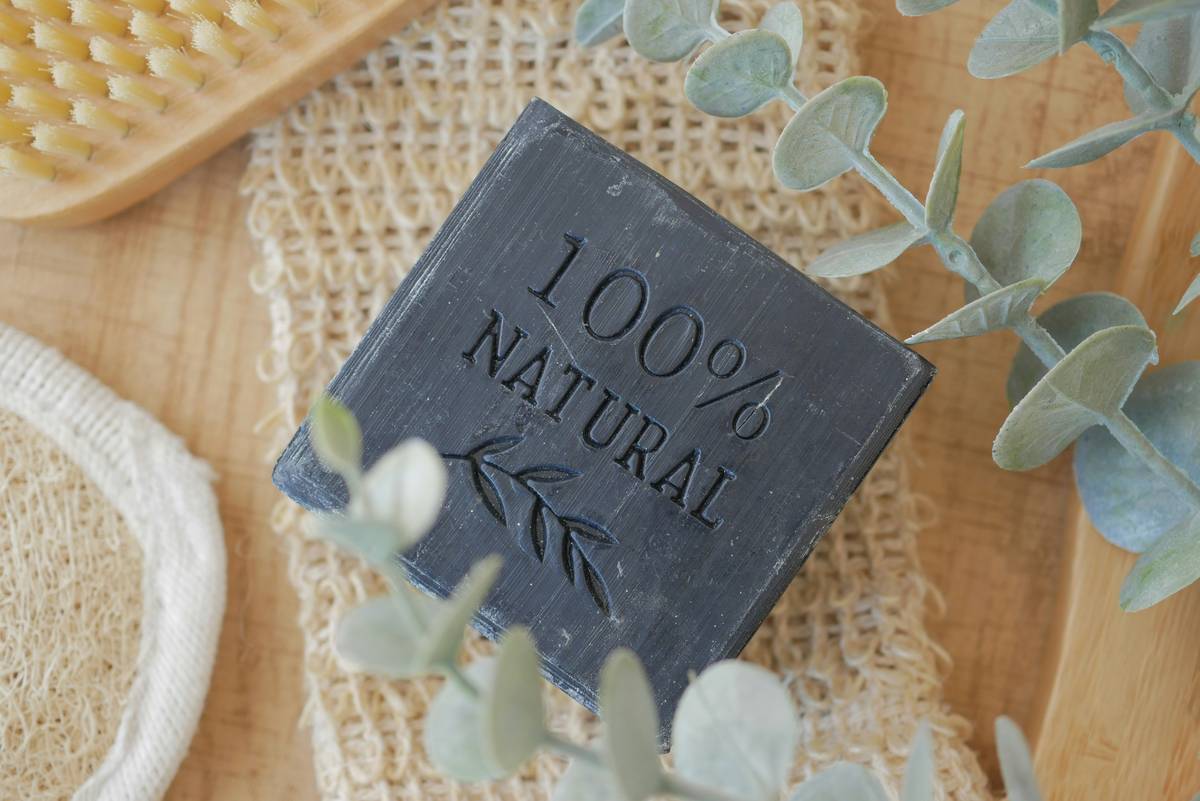
Here’s the kicker: Their sales skyrocketed because people saw visible results—thanks largely to untouched, nutrient-rich soil nurturing every plant.
FAQs About Organic Certification in Beauty
Is organic certification farming expensive?
Yes, initially—but lower environmental impact + healthier customers = long-term wins.
Can I start my own mini-farm for beauty purposes?
Absolutely. Start small with herbs like lavender or calendula. Bonus points if you compost kitchen scraps!
Do all countries enforce the same organic rules?
Nope. Each country has different regulations, which makes international shopping tricky. Stick to well-known certifications whenever possible.
Conclusion
Honestly, diving into organic certification farming feels overwhelming at first. But armed with knowledge, skepticism, and perhaps a DIY beetroot mask recipe, you’re ready to embrace truly natural beauty. Remember: Real organic isn’t just a trend—it’s a lifestyle.
P.S. Like those glow-up selfies? A little cucumbers-under-the-eyes action never hurt nobody 😉.
Haiku Time: Seeds bloom, skin glows bright, Nature’s touch—a quiet gift. Bloom fiercely, dear friend.
